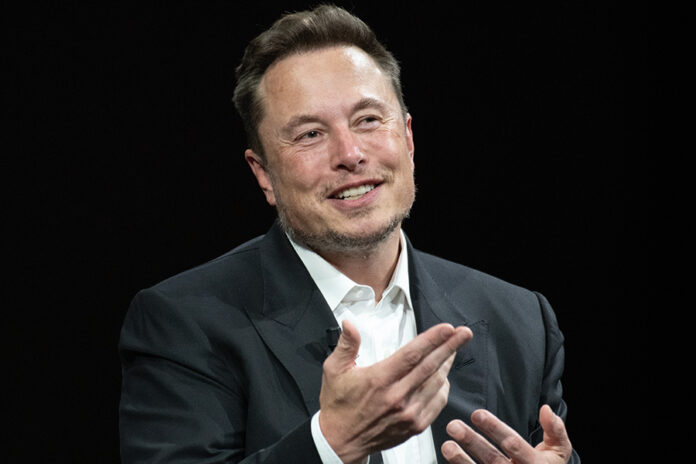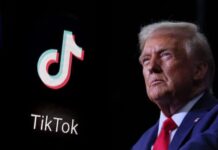Tesla, a symbol of futuristic innovation and eco-conscious transportation, it is squarely in the middle of a serious controversy. The spotlight is on Cristina Balan, a Romanian-born engineer and whistleblower, who is raising very troubling questions about safety issues and company retaliation at the electric car giant. It’s not only a personal battle, Balan’s story is also a question of ethics, immigrant rights laws inside Silicon Valley’s most ambitious companies.
The Brake Safety Concern
The Tesla Model S was a large car that symbolised Tesla’s move into premium electric mobility, and it was in 2014 when Balan worked on it. Balan was an engineer whose initials were etched into the Model S battery pack, so she had earned her place as a critical team member. However, she commented, the floor mats in the vehicle were curling up underneath the pedals, and there was the potential of trapping the brake or accelerator. Once again, this mirrored the infamous Toyota recall that had rocked the auto industry just the same. Balan says customers had already voiced their complaints, and it was her duty to stand up.
Also read: Army “Combat” Fitness Test Scrapped: New Army Fitness Test Introduced
Musk’s Open-Door Policy: A False Promise?
Famed for saying Tesla employees could bypass the chain of command and raise concerns with him. This inspired Balan to send emails to Musk and eventually meet him to reveal what was ailing the brake. Instead of a productive dialogue, she met lawyers and security staff. An honest safety discussion turned into a coercive event that left her pressured to resign under pressure, apparently.
Alleged Deportation Threats Against Immigrant Engineers
What is the most disturbing part in Balan’s account is that Tesla’s legal team threatened to deport her and her whole team, including many of whom were immigrants in the U.S. on work visas, if they continued to defend investigating the brake safety. Balan was told that if she didn’t resign her colleagues’ visa status could be jeopardised. If true, this kind of intimidation implies that there exists a toxic corporate environment where silence is enforced against human and ethical rights.
Tesla’s Response and Retaliation
Balan left Tesla shortly after, and the company said she had used company resources for a ‘secret’ personal project, which she flatly denied. Later, internal emails began to suggest she was handed this very project by the company’s leadership. These charges seriously harmed her reputation to such an extent that she could hardly get a job within the same industry. So Tesla pushed the case into arbitration, a legal tactic that frequently lets one sue someone without facing the attention of the public.
A Hard-Fought Legal Victory
Balan refused to give up, despite being faced with incredible personal and professional setbacks, including stage 3B cancer. In April 2025, the California appeals court overturned the arbitration ruling and gave her the ability to take on her case to a public jury. If successful, it would clear her name and also establish a gene that could forever shape how corporate whistleblowers are treated.
The Bigger Picture: Corporate Ethics and Immigrant Labor
The story of an immigrant worker in Silicon Valley is Balan’s. If visa status is coupled to employer sponsorship, deportation carries the threat of force. This also raises ethical questions regarding whether innovation is preventing transparency and employee welfare. The image that Tesla is a trailblazer has become a contentious subject.
A Whistleblower’s Resolve
The fight that Cristina Balan is waging is not a battle for her own reputation alone; it is a battle for justice, safety, and corporate accountability. As the story of her runs through the legal proceedings, her name reminds us that integrity, never innovation, is worth fighting for. A workplace culture that prioritizes safety and values the voices of employees, rather than silencing them, is the auto industry and the public, who rely on its products, deserve.








